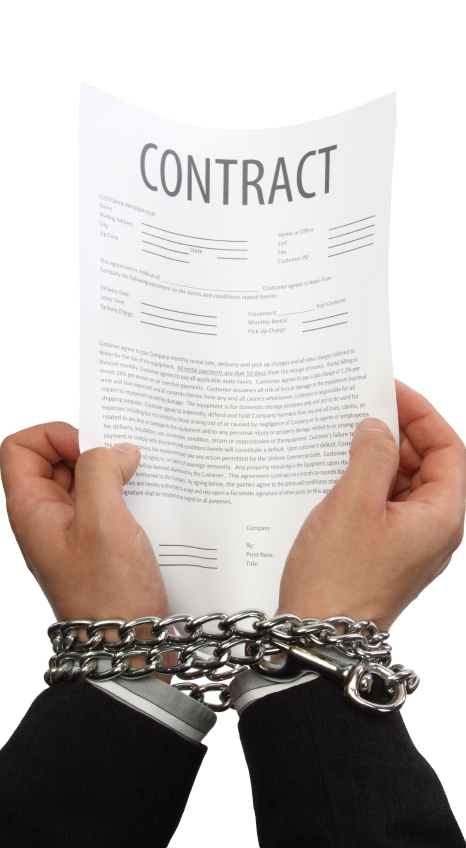While just about every adult has heard of probate, many have no clear idea of exactly what it is and why steps should be taken to ease or avoid it. A simple explanation:
When you die, you leave behind your estate, which consists of your assets (all of your money, property, belongings, etc.) and all of your liabilities (debts and expenses, including unpaid taxes).
Someone will be in charge of your estate – either an executor (which is named by you in a will), or an administrator (which is named by the court if there is no will or if no executor is named in the will). The executor or administrator is in charge of taking your affairs through probate, which is a court-supervised process designed specifically for this purpose.
Without a legal will, the probate process can be long and expensive. And since all legal fees accumulated in probate are deducted from your estate, that is money that will not make it to your chosen heirs. Also, your assets cannot be distributed to your heirs while your estate is in probate, which can be a hardship for survivors if the process is drawn out over many months or years.
Many of your assets can sidestep probate entirely if they are titled jointly with rights of survivorship. That’s why proper estate planning is important for everyone – not just the wealthy. Estate planning can protect your assets and ensure that they are smoothly passed on to your heirs as you intended.
So take some time to speak with your attorney about estate planning. Devoting a little time to it now can make an enormous difference for your family later.






